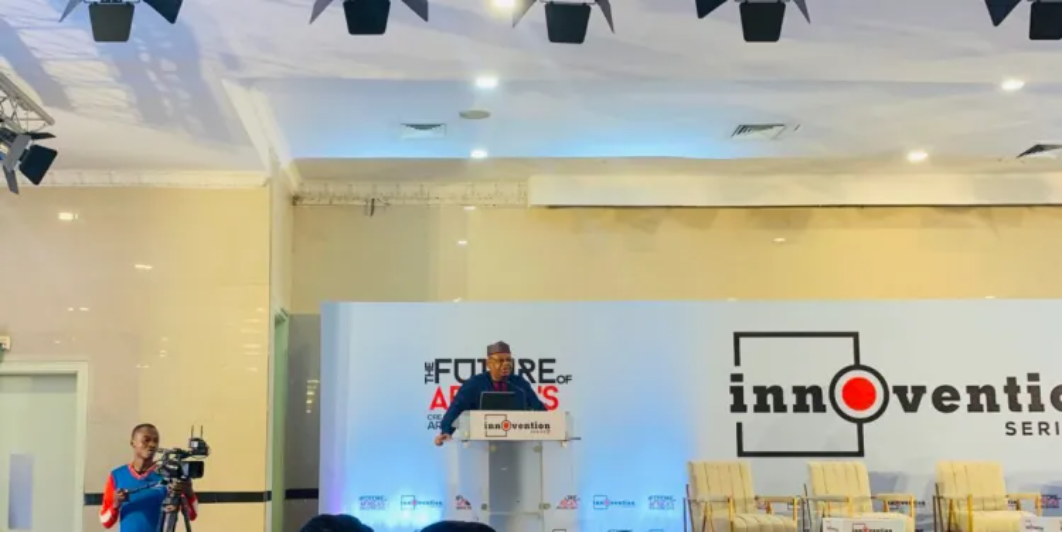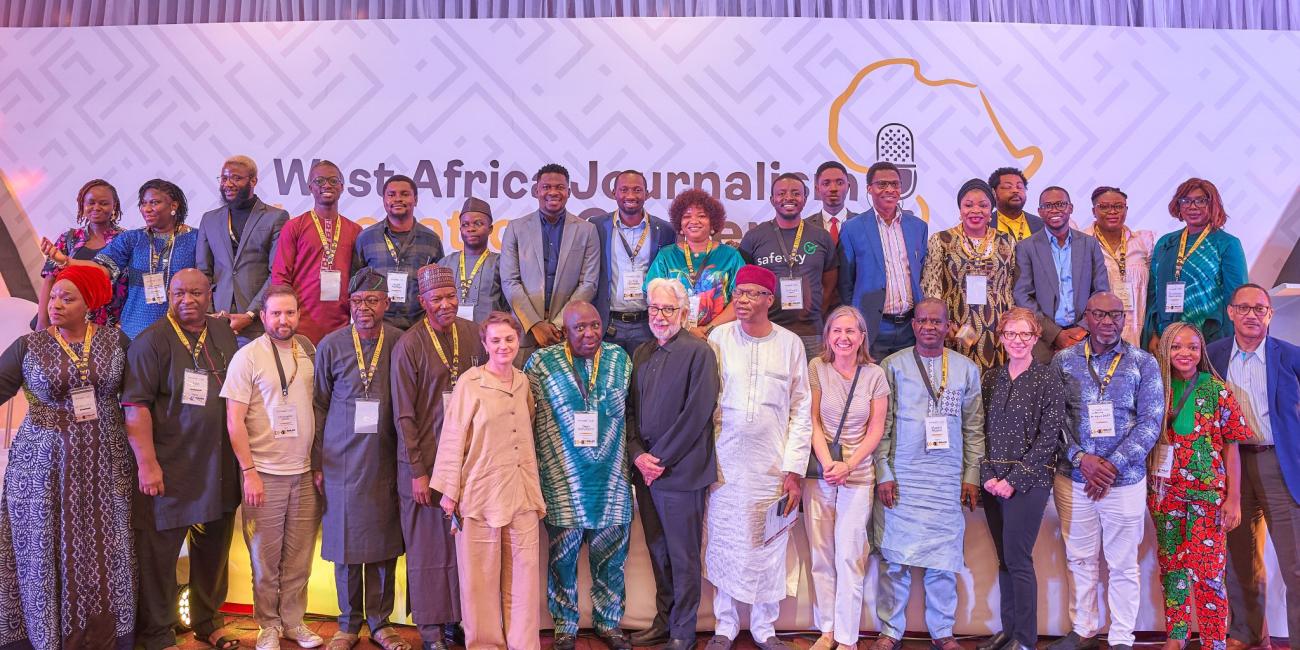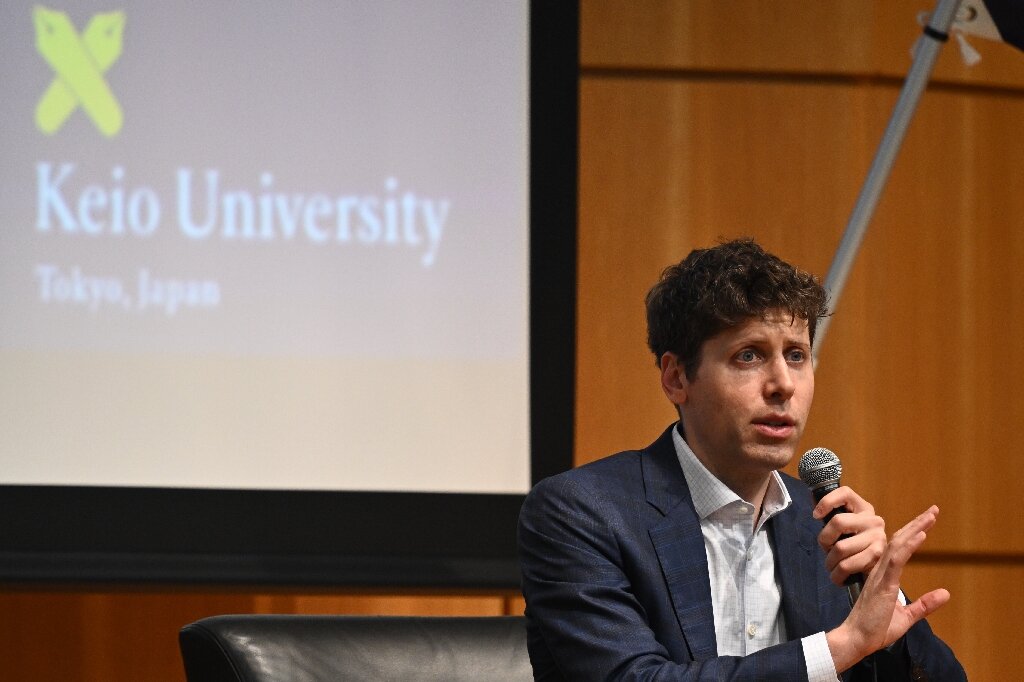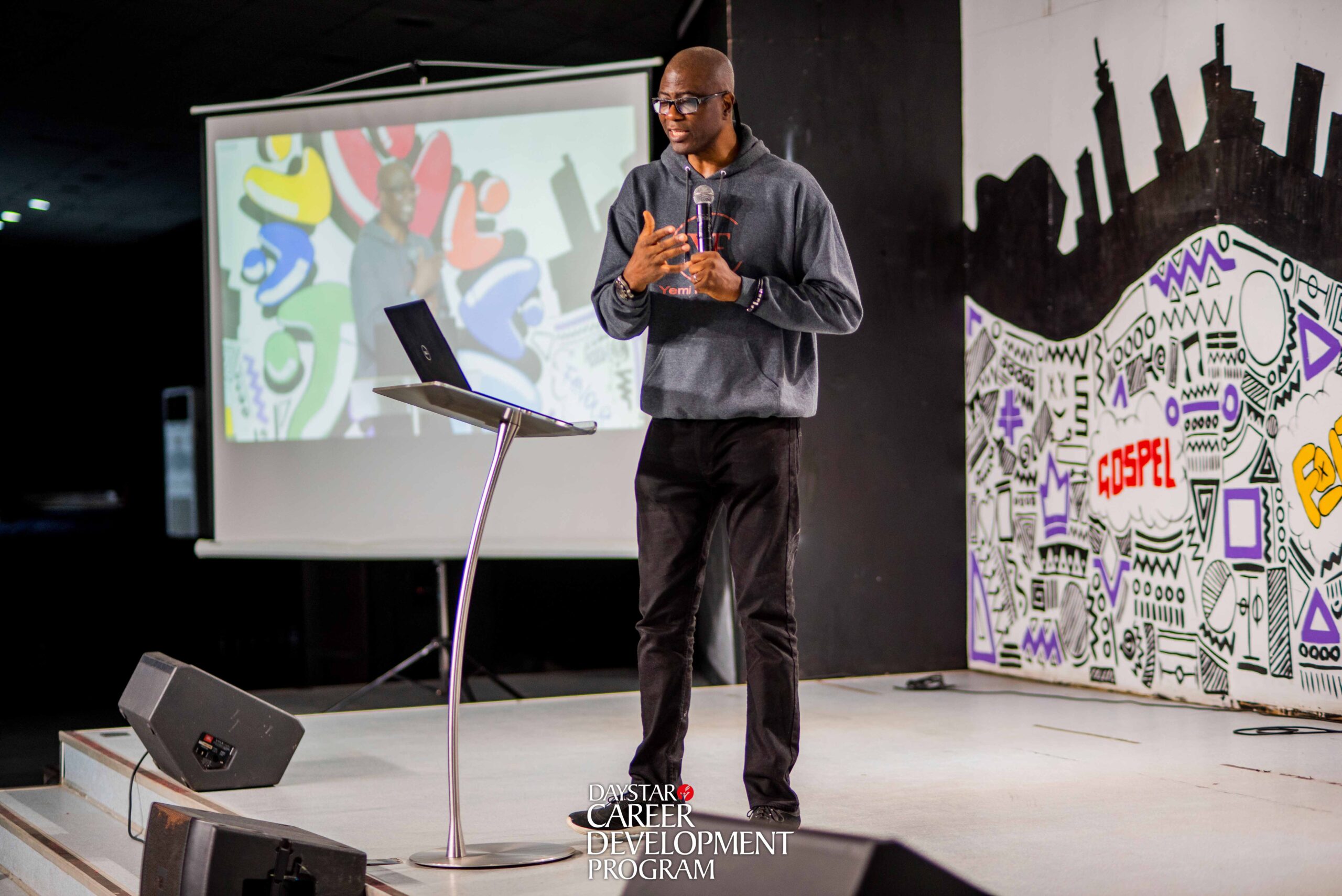Artificial Intelligence (AI) has emerged as a transformative force within the business landscape, revolutionising the way companies operate, strategize, and engage with customers. Its impact spans across various sectors, bringing forth a wave of opportunities and challenges that reshape the traditional business models.
One of the most significant effects of AI on businesses is the enhancement of efficiency and productivity. AI-powered systems streamline repetitive tasks, augment decision-making processes, and automate workflows. This efficiency boost allows employees to focus on more strategic and creative endeavours, thereby increasing overall productivity within organisations. Tasks such as data analysis, customer support, and even predictive maintenance in manufacturing are now optimised through AI algorithms, leading to quicker and more accurate results.
Read also: The Purpose and meaning of Artificial Intelligence
AI has significantly transformed business experiences
Moreover, AI has significantly transformed customer interactions and experiences. With advancements in natural language processing (NLP) and machine learning, businesses can now offer personalised and tailored experiences to their customers. AI-driven chatbots provide instantaneous customer support, addressing queries and issues round the clock, enhancing customer satisfaction, and reducing response times. Additionally, recommendation systems driven by AI algorithms help businesses understand customer preferences better, enabling them to offer personalised product recommendations, thereby increasing sales and customer engagement.
The utilisation of AI in data analysis and decision-making has also revolutionised how businesses strategize. AI algorithms can process vast amounts of data at high speeds, extracting actionable insights and patterns that humans might overlook. This capability empowers businesses to make data-driven decisions, identify market trends, forecast demands, and optimise their strategies for growth and competitiveness. Businesses leveraging AI for data analysis gain a competitive edge by swiftly adapting to market changes and meeting customer needs effectively.
However, the integration of AI in businesses also brings challenges. One of the primary concerns is the ethical use of AI and data privacy. As AI systems rely heavily on data, ensuring the ethical collection, storage, and usage of data becomes imperative. Companies must prioritise data security and transparency to maintain customer trust and comply with evolving regulations. Additionally, the fear of job displacement due to automation remains a concern. While AI streamlines processes, there’s a need for upskilling the workforce to complement AI technologies, creating new job roles, and fostering a symbiotic relationship between humans and machines.
Furthermore, the initial investment required for implementing AI technologies can be substantial, especially for small and medium-sized enterprises (SMEs). Deployment costs, acquiring AI tools, and training employees might pose financial challenges, hindering adoption for some businesses. Overcoming these barriers requires a strategic approach, clear ROI projections, and a phased implementation strategy tailored to the specific needs of each organisation.
However , AI’s impact on businesses is profound and multifaceted, offering unprecedented opportunities for growth, innovation, and efficiency while presenting challenges that require careful navigation.
As businesses continue to evolve, the role of AI will undoubtedly remain pivotal in shaping their future trajectories.










